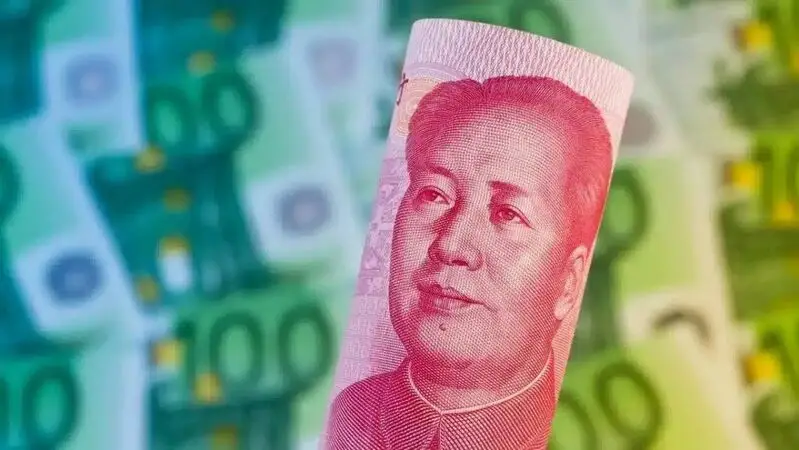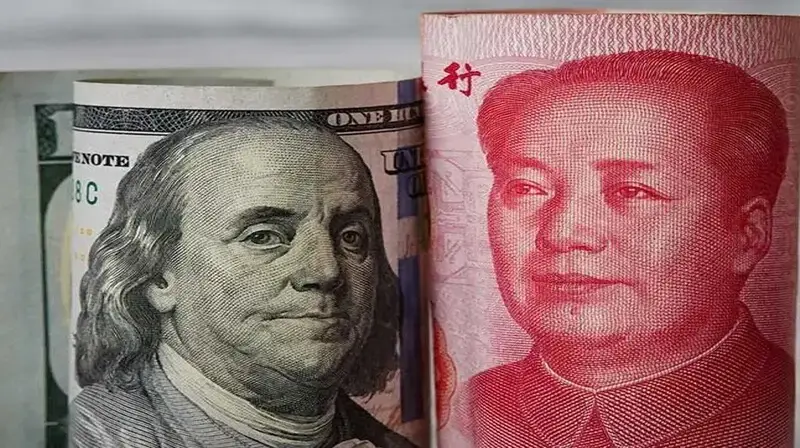BRICS member China is using iron ore imports as a new pawn in international geopolitics, after rare earth minerals. The Communist country is pushing the Chinese yuan as the sole payment for settlements. China not only exports iron ore, but it is also the world’s largest importer of the metal.
While it exported $2.94 billion worth of iron ore last year, it imported $134 billion worth of the metal during the same period. China is now pushing the Chinese yuan for iron ore settlements and is eyeing replacing the US dollar. The primary suppliers of iron ore to China include Australia and its BRICS counterpart, Brazil.
China’s import dominance of iron ore allows it to command and dictate the terms of trade with BRICS members and others. Businesses fear repercussions as the Communist country can arm-twist its way into finding its way. For context, China completely stalled procuring soybeans from the US in retaliation for Trump’s tariffs. US farmers suffered heavy losses, adding immense pressure on the Trump administration.
Also Read: BRICS Power Play: Russia Targets Google, Apple, Samsung Shutdown
BRICS Replacing the US Dollar in Iron Ore Deals With the Chinese Yuan

The Xi Jinping administration is looking to boost the Chinese yuan’s prospects and internationalize the currency on a global scale. The Communist country is looking to rewrite trade policies by bringing in new pricing for the metal. Reports suggest that a new contract is being negotiated with a State-owned buyer and China’s miner. It is most likely that the buyer is Australia or a BRICS member, and is yet to agree on the terms presented by China on the iron ore payments in the Chinese yuan.
Also Read: Germany’s Opposition Party Considers Energy Cooperation With BRICS
If the contract negotiations go through, BRICS member China would command Chinese yuan payments for iron ore deals. “The term contract negotiation is at a standoff because buyer and seller cannot reach an agreement on prices and the settlement currency,” a market source in Southeast Asia told Fastmarkets. “It is part of a larger trend where China is looking to promote the usage of the Chinese yuan across many aspects, not just in commodities,” said an iron ore industry source in Singapore.






